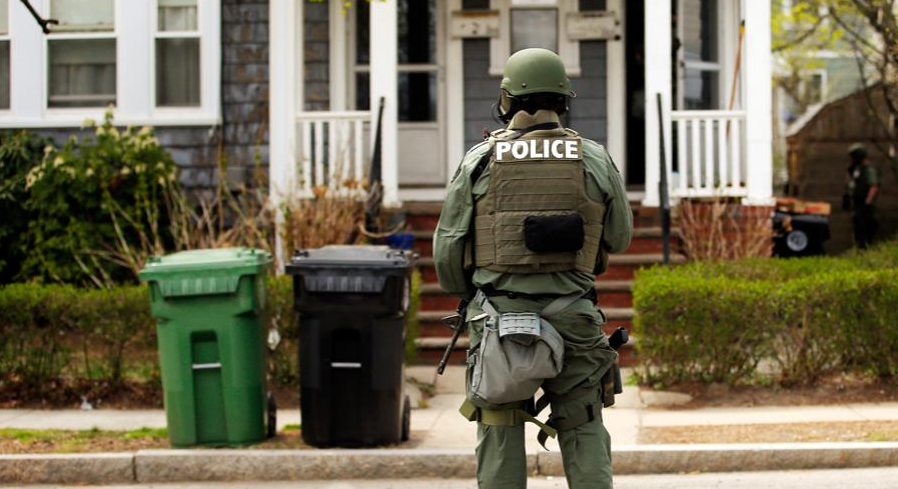
In 2014, the City of Austin adopted a 10-1 system of geographic representation for electing City Council members with the hope that residents would be more fairly represented. An expectation of the new system was that it would “improve representativeness and responsiveness of city government.”
Neither of those goals, however, seemed to have been reached, that is, unless you consider “responsiveness” the local government’s outright attack on individual civil liberties and the free market business that has transformed Austin into the economical powerhouse it is today.
In a matter of months, our “representatives” down at City Hall have successfully managed to eliminate two critical services that effectively reduced drunk-driving related accidents, improved traffic congestion and fueled Austin’s economy, chauffeuring residents to and from music festivals, newly constructed hotels and of course, the city’s hottest hangouts for boozing.
Is City Council ruining Austin’s innovative reputation?
The departure of Uber and Lyft was noticeably felt by the city’s night life scene, with several bars, restaurants and hotels reporting an extremely rare dip in alcohol sales. In addition to the loss in revenue, thousands of ridesharing drivers lost their jobs overnight, completely eliminating their source of income with no immediate replacement job to turn to.
As if that wasn’t economically damaging enough, City Council began targeting short-term rentals (STR) next, enacting a slew of strict regulations including limiting the number of occupants to 10 people at any given time, regardless of the property’s square footage.
The regulations also include barring guests of six or more from partaking in outdoor “assemblies” after 10:00 p.m., meaning no backyard birthday parties, summer BBQs or sporting games.
Code Officers could soon be entering vacation homes in the dead of night searching for violations
As expected, the new regulations ruffled quite a few feathers (in the form of lawsuits) as Austin is one of the hottest markets for Airbnb, generating huge money-making opportunities for property owners.
But the overregulation gets even worse. Austin City Council recently gave its code officials the authority to conduct warrantless searches at any reasonable time including “all buildings, dwelling units, guest rooms and premises” to sniff out potential code violations.
According to AustinTexas.gov, Code Officers are tasked with identifying “dangerous and substandard conditions in each of the districts they are assigned.” Apparently, “dangerous and substandard conditions” now include private property.
Local political action group holds meeting to discuss warrantless searches of Austin’s vacation homes
“Since some of the restrictions do not go into effect until after 10 p.m. it is possible that officials could show up in the dead of night to search every nook and cranny for a Short Term Rental property looking for any sign of bad behavior, all without a search warrant,” Texans for Accountable Government highlighted in a email newsletter to its members.
“People that have paid high dollars to rent these private properties will be forced to comply with the ordinance or receive a fine, or worse, have their private events & vacations interrupted by City of Austin code compliance and possible police interference,” said TAG.
The trans-partisan political action committee, headquartered in Austin, will be featuring District Six Councilman Don Zimmerman (who voted against the short-term rental regulations) at its monthly meeting on Monday, July 25 to discuss what can be done about the city’s decision impede on the rights of private property owners. The meeting will be held at Scholz Garten at 7:00 p.m.
Sources:
http://www.austintexas.gov/department/code
http://kxan.com/2016/06/20/lawsuit-trying-to-block-austins-short-term-rentals/
http://news.utexas.edu/2015/11/13/austinites-cautiously-optimistic-about-10-1-representation
http://www.mystatesman.com/news/business/austin-alcohol-sales-dip-2-percent-in-may/nrsMr/

